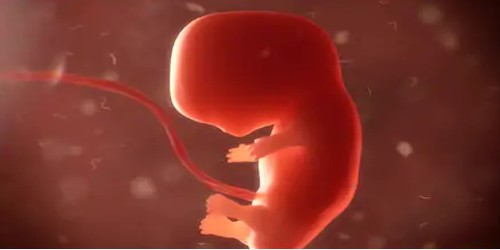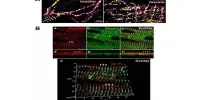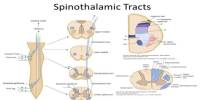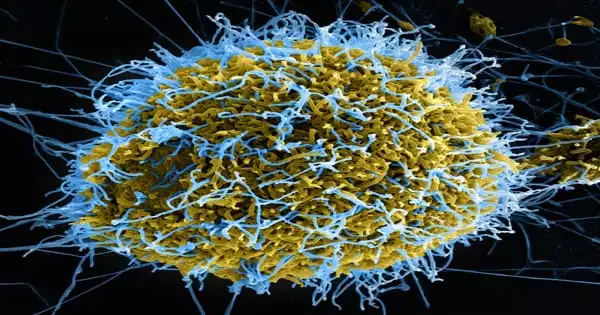An embryo is the earliest stage in the development of a fertilized egg (the zygote). It is the early developmental stage of an animal while it is in the egg or within the uterus of the mother. It is the term used for any animal or plant, from the first cell division until birth, or hatching, or germination in plants.
In humans, it is called an embryo until about eight weeks after fertilization, and from then until birth it is called a fetus. In humans the term is applied to the unborn child until the end of the seventh week following conception; from the eighth week, the unborn child is called a fetus. The distinction between embryo and fetus is made based on gestational age.
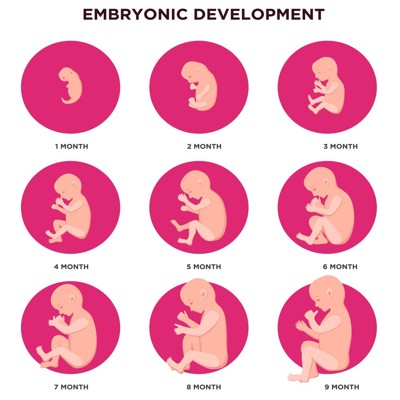
The development of the embryo is called embryogenesis, and the study of embryos is called embryology. An embryo is the early stage of human development in which organs are critical body structures are formed. The development of an embryo passes through various stages: the blastula, a hollow ball of cells; the gastrula, migration of cells; morphogenesis; tissue differentiation, and so on. A zygote is a single-celled organism resulting from a fertilized egg. The zygote divides to become a ball of cells that eventually implants in the wall of the uterus.
In organisms that reproduce sexually, once a sperm fertilizes an egg cell, the result is a cell called the zygote, which has DNA from each of the two parents. In plants, animals, and some protists, the zygote divides by mitosis to produce an embryo. Doctors define pregnancy according to the date of a woman’s last menstrual period.
